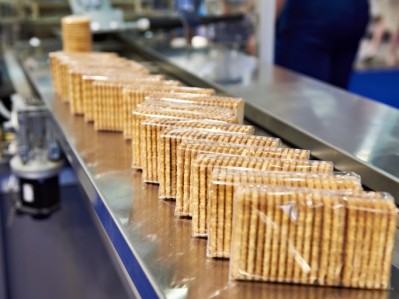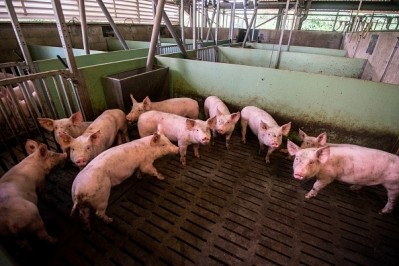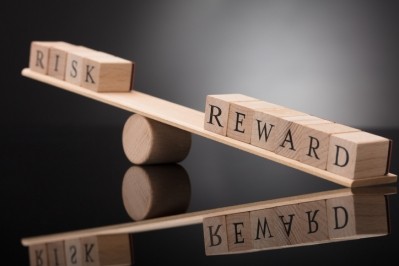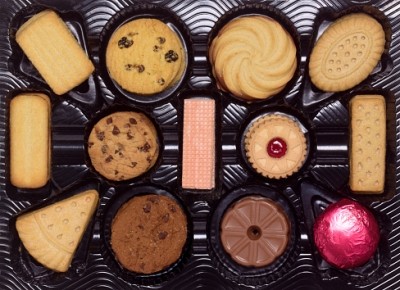Momentum building for legal clarification of former foodstuffs
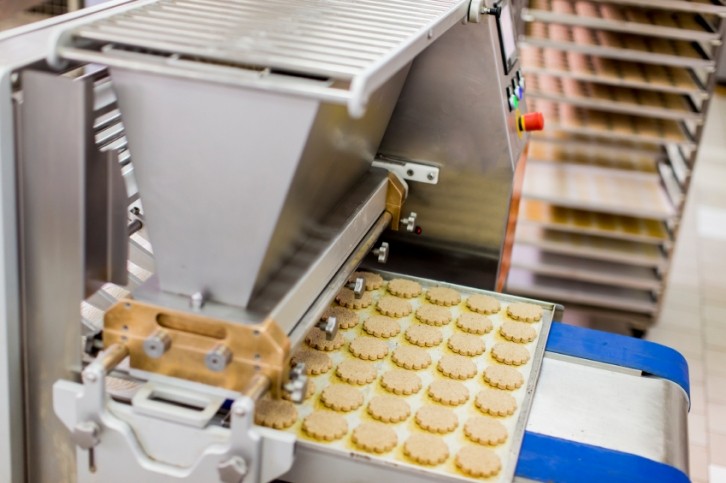
That trade group is quite adamant about getting legal clarification around the non-waste status of former foodstuffs of vegetable origin.
Sugars, oils and starch supply
Former foodstuffs of plant origin are materials removed from the retail market by food manufacturers, due to unintentional or unavoidable production errors. Those used in feed include broken biscuits and chocolates, surplus bread, incorrectly flavored crisps and breakfast cereals, all because of their high energy content in the form of sugars, oils and starch.
Around 3.5 million tons of those former foodstuffs are processed into feed annually. The EU piglet market is said to be a significant user of such feed - the sweet taste helps with weaning – and the cattle sector also benefits. The industry was valued at around €1bn in 2014.
Former foodstuffs containing milk, gelatin, eggs or honey come under the scope of the animal by-products regulation, and those products are explicitly exempted from the scope of the Waste Framework Directive.
EFFPA is calling on the EU Commission to clarify the regulatory framework on former foodstuffs through its communication on the circular economy due to be released in December this year, making it clear that former foodstuffs of plant origin are by-products and not legal waste.
Former foodstuffs should be clearly exempted from the waste status provided they meet the definition of by-products laid down in the EU Waste Directive 2008/98/EC, in particular when the feed use is certain, and that operators of the former foodstuffs chain comply with food and/or feed hygiene requirements, said the trade group.
During his speech at the Food Waste Conference at the EXPO Milano last week, Health and Food Safety Commissioner, Vytenis Andriukaitis, would seem to draw the same conclusion as EFFPA:
“We are seeking to clarify and – wherever possible – lift any barriers which prevent the safe use and re-use of food in the food and feed chains.
Together with regulatory authorities in the member states, we must support food and feed business operators who seek to optimize the safe use of resources in the food and feed chain. I refer here, for instance, to the use of former foodstuffs which are safe to eat but can no longer be marketed for human consumption, as a possible resource for animal feed. We need to ensure that such valorization is not considered as ‘waste’ and also ensure proper traceability of such food resources, so they can be safely redirected to those in need – distributed to charities and food banks and, when not possible, re-utilized in feed production.”
Legal uncertainty
Paul Featherstone, president of EFFPA, told FeedNavigator the lack of harmonization on the legal definition of former foodstuffs throughout the EU is proving the single biggest headache for processors of those products.
Operators currently depend on national competent authorities to correctly interpret this secondary resource as a ‘by-product’ according to Article 5 of the Waste Framework Directive.
“This leaves significant legal uncertainty for both food manufacturers and former foodstuff processors as environmental authorities can act within their own competence and cause unnecessary disruptions,” said Featherstone.
He said by-product to waste reclassification has also taken place in certain markets: “In the UK, for example, when an official with the environment agency said former foodstuffs should be categorized as ‘waste’ and no longer as by-products, it set the hare running with some food manufacturers and it meant former foodstuff processors had to acquire waste derogation status and register as legal traders of waste.”
In Germany, materials removed from the retail market by food manufacturers due to unintentional or often unavoidable production errors are classified as both ‘waste for food use’ or ‘by-products’, with a similarly ambiguous definition in Belgium. “Processors in those markets are unsure as to the circumstances needed for such products to be classified as either waste or as a by-product,” said Featherstone.
Consequences of waste classification
A note compiled by the European Feed Manufacturer's Federation (FEFAC) in 2012, in collaboration with some former foodstuff processors, identified some of the consequences of the classification of former foodstuffs as waste, such as:
• The lack of incentives to food business operators to preserve the integrity and traceability of the former foodstuffs;
• The potential feed safety concerns due to the potential loss of traceability/identity at the point where the foodstuffs cease to be foodstuffs;
• The uncertainty as regards the legal status of former foodstuffs processors, sometimes registered as feed business operators, sometimes registered as waste processors, sometime with both registrations, with consequences on the circulation of goods on the internal market;
• The lack of coordination in official controls due to different areas of competence between waste legislation on the one hand and feed and food law on the other hand.
Incentives for bioenergy producers
Meanwhile, EFFPA also wants EU policymakers to remove incentives that “disrespect food waste hierarchy”
February this year saw it call on MEPs in the EU Parliament’s Environmental Committee to tackle the “environmentally unsustainable practice where valuable feedstuffs are removed from the food chain” in the course of the revision of the Renewable Energy Directive.
“EFFPA members are facing distorted competition due to national tax incentives for bioenergy producers to burn energy-rich former foodstuffs as a source of renewable energy.
In food waste related research there is no doubt about the fact that animal feed is a more sustainable outlet then bioenergy applications,” said the trade group.
It said the incentives to use feed grade former foodstuffs for fuel use should be abolished and food producers should always take waste hierarchies into account when trying to find the most sustainable use of their products.
Clear words from @V_Andriukaitis yesterday at @Expo2015Milano - Former Foodstuffs not Waste http://t.co/d4yPHcYb3Epic.twitter.com/RmLmHpQp5l
— EFFPA (@EFFPA_EU) October 16, 2015